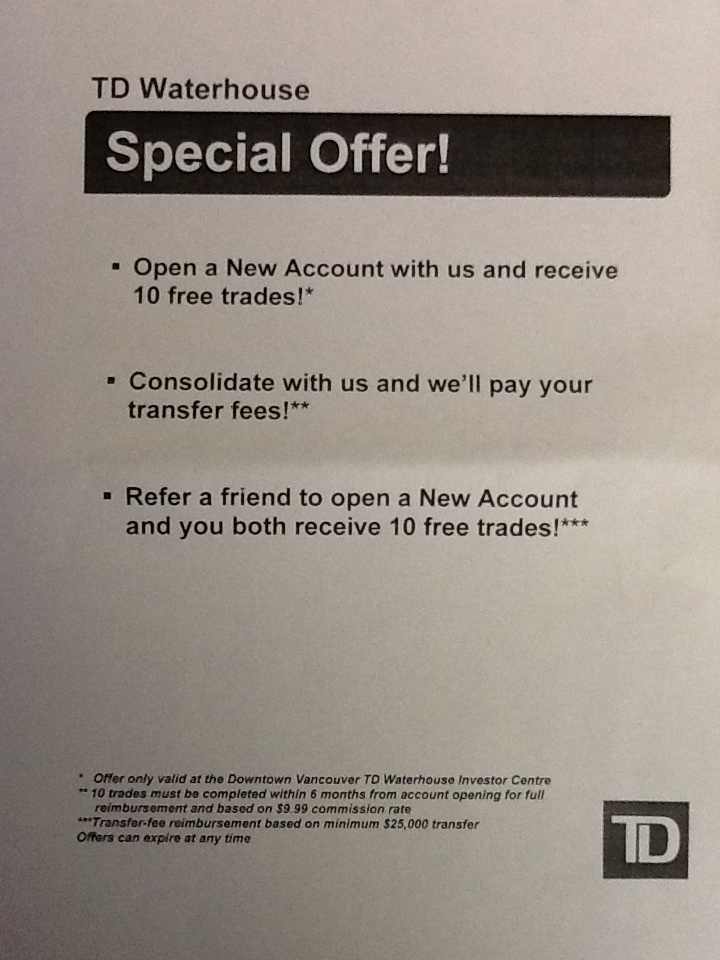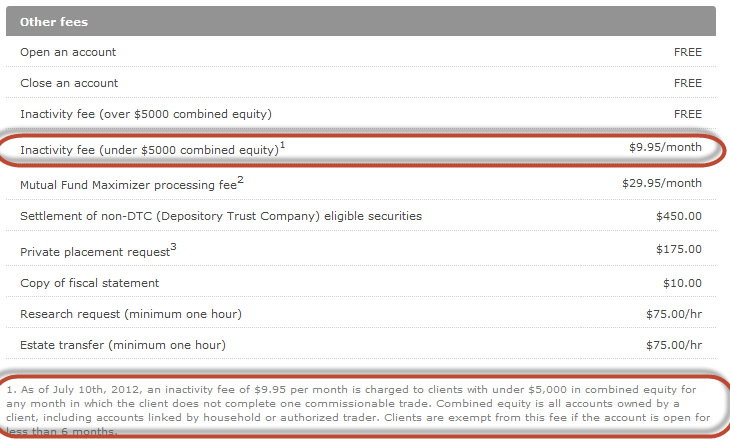My first full time job, a Marketing Assistant at an HR firm, came right after university and with it came the realization that not only would I have to pay income taxes but also that some of what little I earned had to be saved. After all I’d heard the story of the ant and the grasshopper and I wasn’t planning on starving in winter.
Ironically, I knew very little about personal finance and money management despite having graduated with a business degree. Recognizing that I would need some extra help I decided to get a financial advisor to show me some ways to save on taxes as well as guide me through the jungle of investment products.
Finding an advisor turned out to be easier than I thought. It so happened that one of my colleagues referred me to an advisor (let’s call her Jane) that was part of her networking group. She had never used Jane before but she knew Jane and that was enough for me to give her a try. My advisor and I ended up working together for the next two years building my portfolio. It was a good relationship which was lucky, because in hindsight, I should have done more research and done more due diligence before putting all my money in her hands. It could have just as easily turned sour. Some questions I should have asked before signing on included:
- What can I expect in terms of service? How often will you call me and how often will we meet?
- How do you research what products I should invest in and what percentage of your time do you spend researching?
- How do you get paid?
- What products do you sell and what products do you not sell?
- Any client references?
Had I asked these questions I would have known where her motivation lies, what products I would most likely be advised in and whether or not we matched based on our views of personal financial management. She was more conservative than I, despite the movements in the market. My portfolio mix was mutual funds with bonds and Canadian resource companies in the mix. She didn’t like anything being held in cash. Later I discovered that’s where my preference lies: cash and some stocks.
Jane was very kind but we didn’t have the same point of view. As I took more of an interest in financial management I eventually outgrew the relationship. I started asking questions that couldn’t be answered easily. For example, why was it ok for my mutual fund to say ‘past performance doesn’t guarantee future performance’ and then use examples of past performance to talk about the track record of mutual funds? It wasn’t anyone’s fault it was just the natural progression of a higher level of education. The more I learned the more I began to recognize gaps in what I was being told. Most importantly, I began to ask more insightful questions which helped me recognize when answers just didn’t add up. Still parting ways can be hard.
I relied so much on someone for so long to make crucial decisions when managing one of the most important aspects of my life: my money; it was difficult imagining anything else. It’s scary to take off the training wheels. It’s scary having to come face to face with the reality that you can no longer blame someone else for losing money even if you could never have blamed them in the first place. What I have learned is that losing money is always my own fault. Who I choose to manage my money is my choice so I can either pick someone who picks winners or pick the winners myself. I would now be fully responsible for my wins and for my losses. I also liked my advisor. She was really nice and that made breaking up more difficult.
My desire to learn more about trading started when I began working on SparxTrading.com. When I first started I was primarily responsible for the look and feel of the site and our brand. But then I started reading all the articles and watching the interviews with Danielle Park and Tyler Bollhorn among others which really inspired a shift in my mindset.
I realized that while I didn’t know a lot about trading and investing it’s because of a choice I made. I chose not to know. I could continue to make that same decision, to remain uninterested, intentionally unaware of how a system that impacts me so much works. It’s a choice that would have been disadvantageous and would hurt me in the long run.
So now I’m ready to take the little education I have in personal financial management to the next level. I’ll be reviewing some key learning points, running trading simulations, reading analysis from the people who know it best, before putting my skin in the game and opening a trading account. Join me as I take over the reins of my finances and learn with me from my moments of heartbreak and glory.
Happy trading!
Sepi




